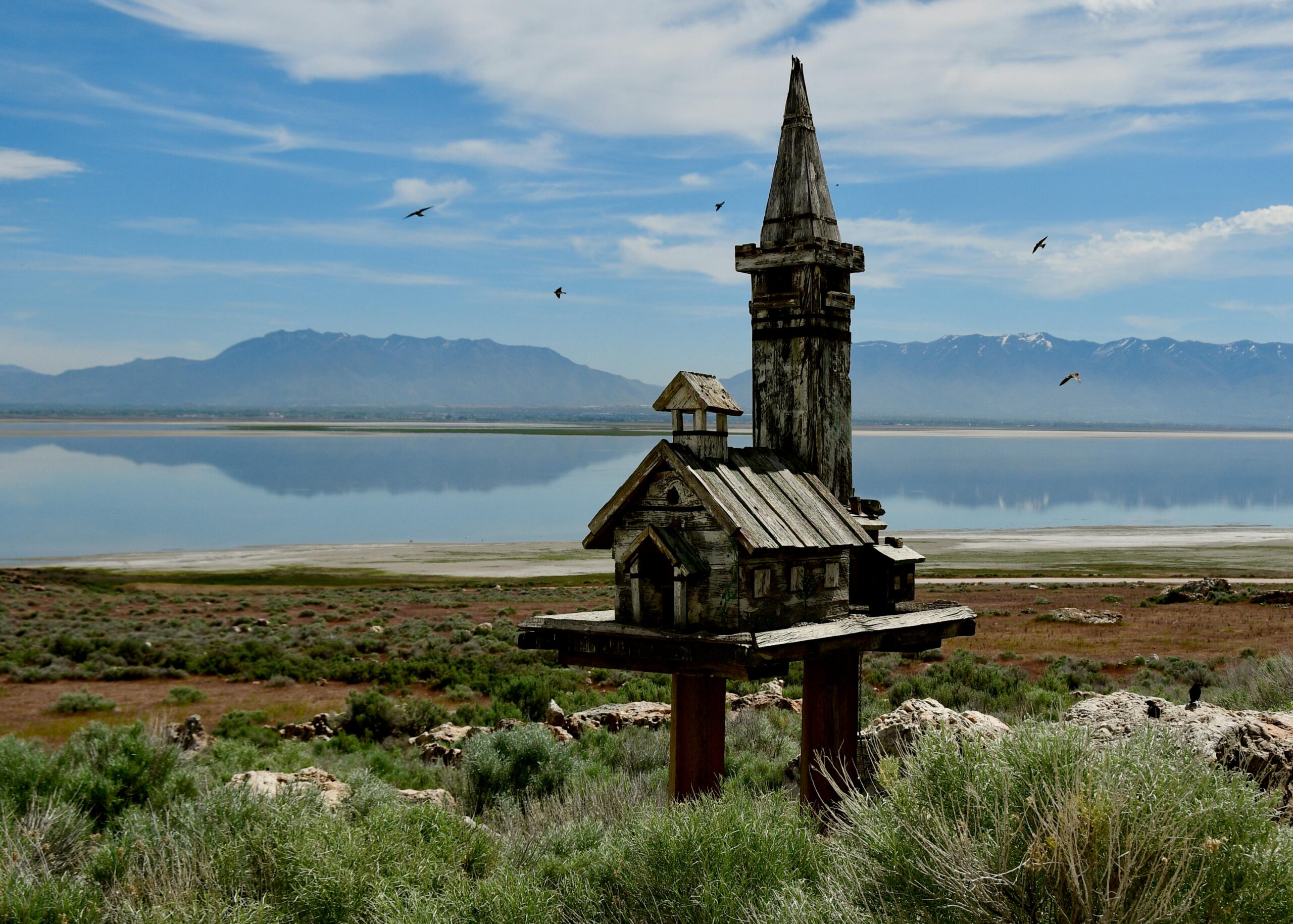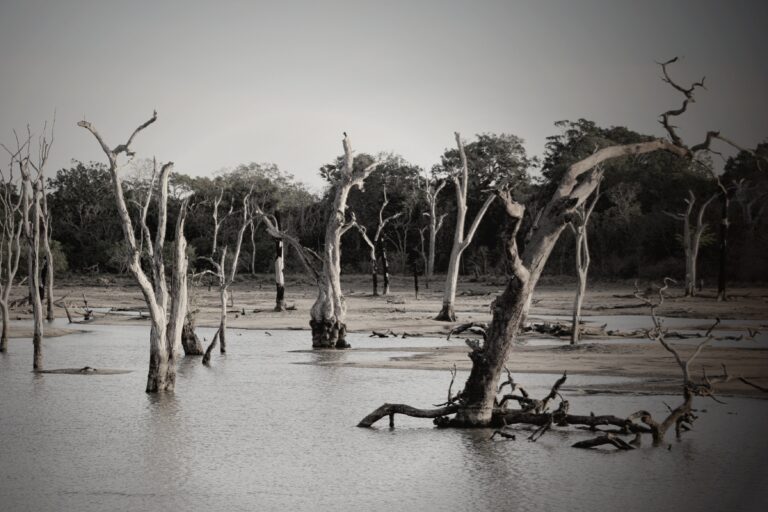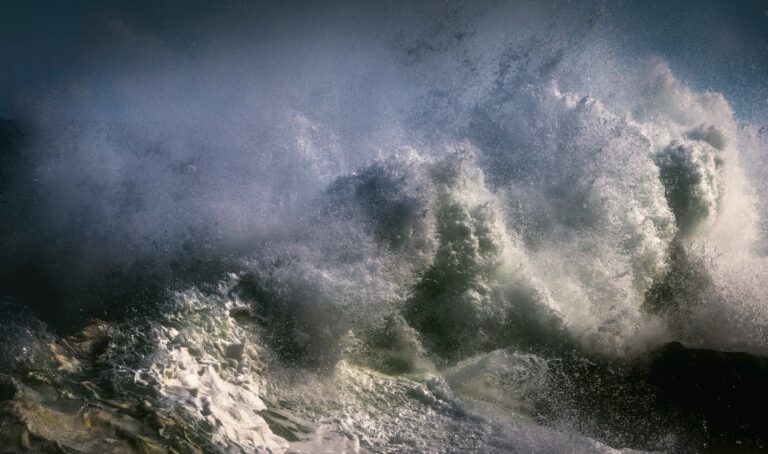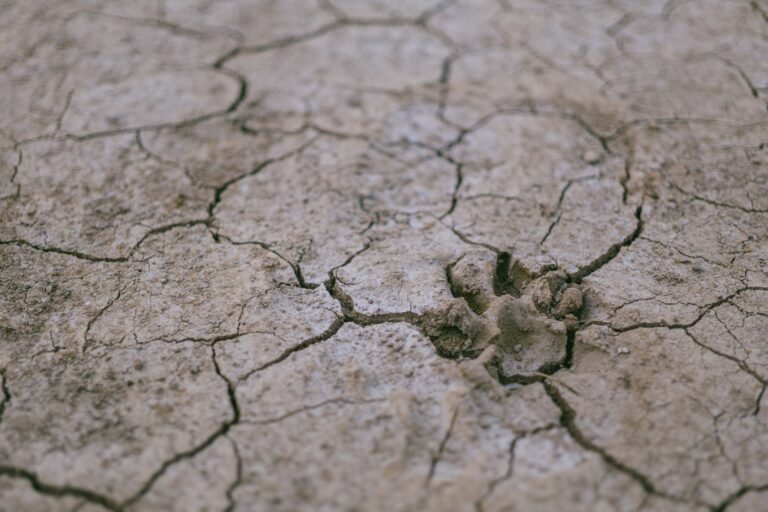The Great Salt Lake Is Disappearing

Although there has been some rain in Utah, The Great Salt Lake could dry up entirely in the next several years. According to NPR, “Scientists say the West is believed to be as dry as it’s been in 1200 years. The megadrought made worse by climate change has been contributing to the Great Salt Lake’s decline. But agriculture usually bears the bulk of the blame. Upstream water diversions for expanding alfalfa farms and dairies has meant less and less flows into the lake.”
Air Pollution –More Is On The Way
Fleeing Homes –Expensive Insurance
Climatecrisis247 believes this is only one of several areas where agriculture contributes to climate change. Agriculture uses about 80% of the water in California. Several studies show California’s 20 large farms and ranches use as much water as some states. Additionally, algae choke parts of Lake Erie because of fertilizer and manure runoff from area farms.
Here’s a take on the lake from earlier this year:
Climate deniers need more facts to support their case. Massive hurricanes. 120-degree temperature in Phoenix. Thick, noxious clouds over New York City pushed by winds from fires hundreds of miles north in huge burning forests in Canada. Some deniers clearly don’t understand what 1.5 degrees C means, so the effect of rising temperature measurements means nothing to them.
Denierts can, however, hold onto scientific observations about dates when climate crises will occur. It is near the first anniversary of experts saying The Great Salt Lake would dry up in five years. One year since this prediction was made, it is no more certain than when the first date was announced. If the water in The Great Salt Lake has not disappeared by January 3, 2028, climate deniers will stand in the middle of what was once among America’s largest lakes, checking to see if there is just one drop of water left to prove their point.
One challenge with The Great Salt Lake prediction is that it was based on meticulous measurements and relies on specific events predicted to occur in the future. Benjamin Abbott, a professor of ecology at Brigham Young University and lead author of the report, told CNN, “It’s honestly jaw-dropping and totally disarming to see how much of the lake is gone. The lake is mostly lakebed right now.” Simultaneously, he released a 34-page research paper.
At the core of the research was the idea that if water flow into the lake did not increase sharply in 2023 and 2024, the lake was doomed. This gives the lake one more year before it can no longer recover. However, one section of the research paper reads, “At 19 feet below its average natural level since 1850, the lake is in uncharted territory.” “Uncharted” is where deniers plant their flags.






